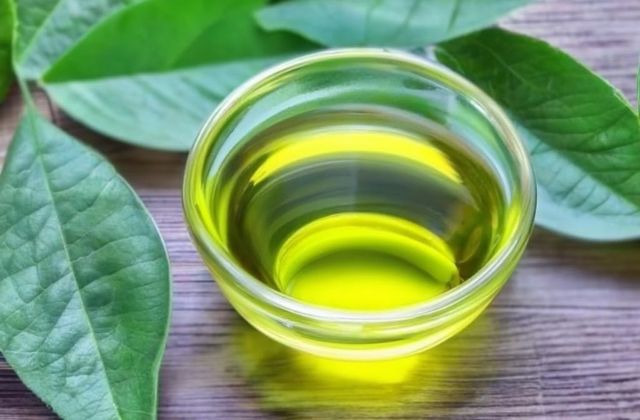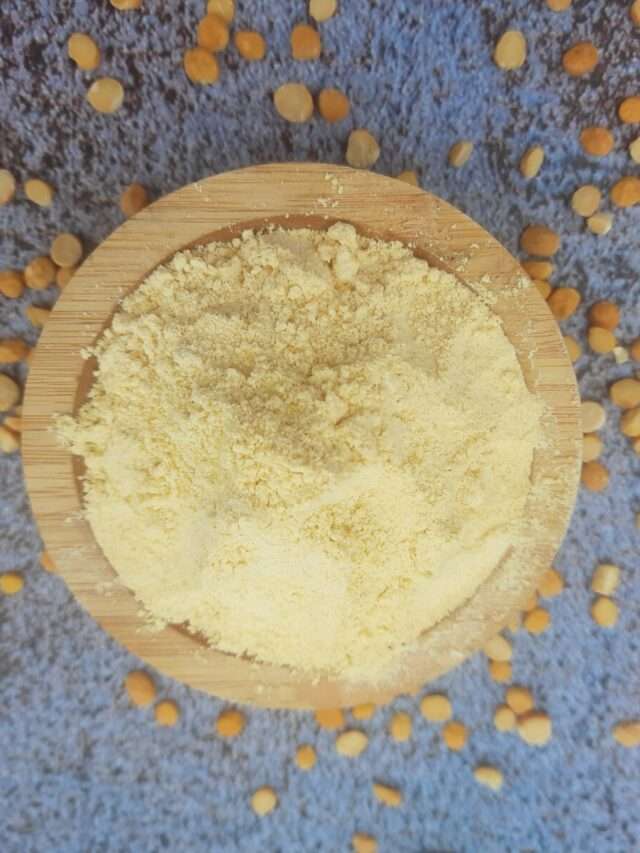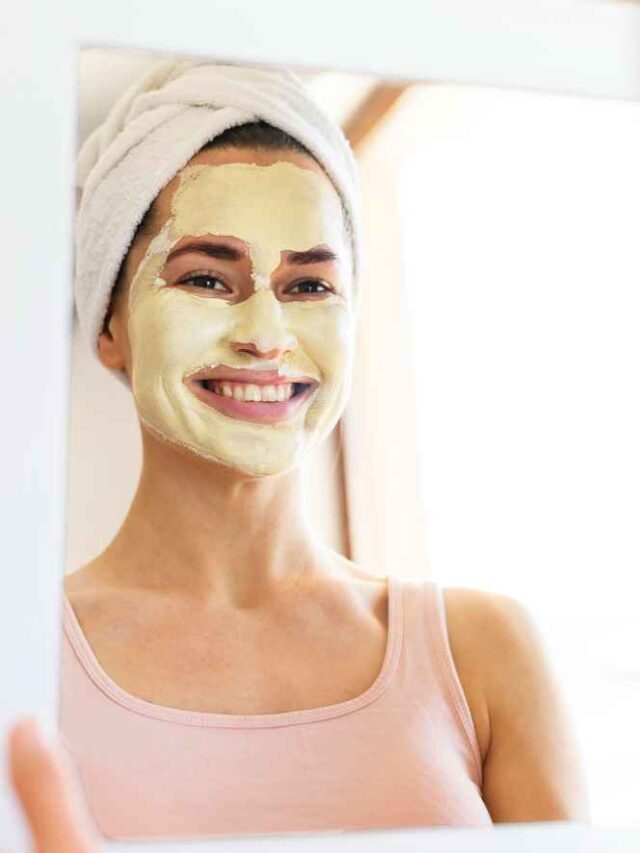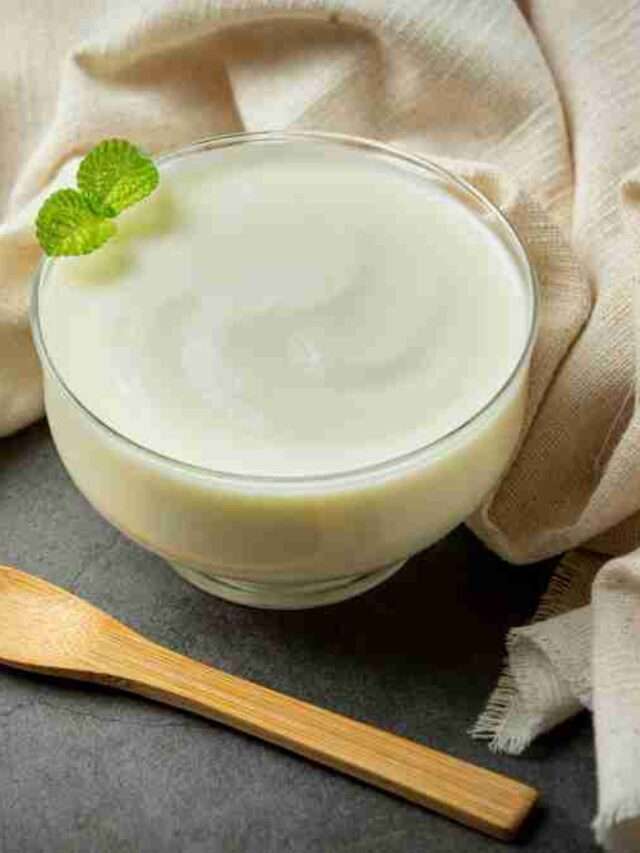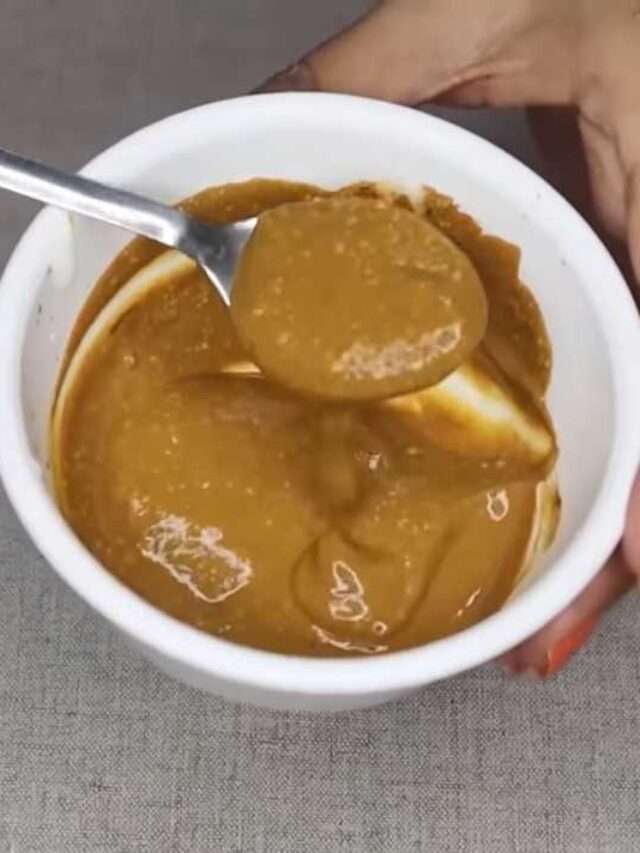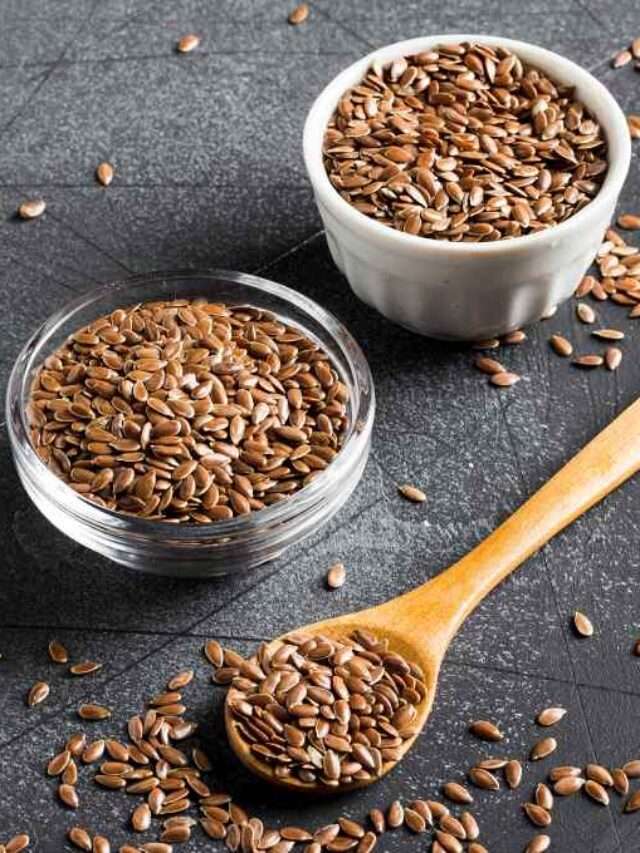Oil pulling is an ancient oral health practice that involves swishing oil around your mouth for a period of time, typically 15-20 minutes, and then spitting it out. This practice has its origins in Ayurvedic medicine, a traditional system of medicine that has been practiced in India for thousands of years. While oil pulling has gained popularity in recent years, it’s important to note that scientific evidence supporting its purported benefits is limited, and it should not be considered a alternative for traditional oral hygiene practices as brushing and flossing.
1. Oil Selection
The most commonly used oils for oil pulling are coconut oil, sesame oil, and sunflower oil. Coconut oil is often favored due to its pleasant taste and potential antimicrobial properties.
2. How to Do It
The process involves taking a tablespoon of oil and swishing it around in your mouth for about 15-20 minutes. It’s important not to swallow the oil, as it can become contaminated with bacteria and toxins from your mouth.
3. Timing
Most people perform oil pulling first thing in the morning before eating or drinking anything. Some also do it before bedtime.
4. Duration
The recommended duration for oil pulling varies, but many proponents suggest doing it for 15-20 minutes. This extended swishing time is thought to allow the oil to interact with oral bacteria and toxins.
5. Benefits of Oil pulling
- Reduced Harmful Bacteria: Oil pulling is thought to help eliminate harmful bacteria in the mouth. Bacteria like Streptococcus mutans and Candida albicans are implicated in dental problems, and oil pulling may help reduce their presence.
- Improved Gum Health: Oil pulling enthusiasts suggest that the practice can contribute to healthier gums by reducing inflammation and promoting overall gum health. This may result in a decreased risk of gum disease.
- Potential for Whiter Teeth: While scientific evidence supporting the teeth-whitening aspect is scarce, some people claim that oil pulling contributes to a brighter smile by reducing surface stains. This is often attributed to the oil’s ability to lift and remove debris.
- Natural Remediation: Oil pulling is often considered a natural and holistic approach to oral care. Some individuals prefer it as an alternative or complementary method to conventional oral hygiene practices.
- Alleviation of Dry Mouth: Oil pulling may help alleviate symptoms of dry mouth by promoting saliva production. Adequate saliva is crucial for maintaining oral health as it helps to wash away food particles and bacteria.
- Potential Anti-Inflammatory Effects: Some proponents argue that oil pulling has anti-inflammatory effects, which could benefit overall health. Chronic inflammation is associated with various health issues, so reducing inflammation in the mouth may have systemic benefits.
- Ease of Practice: Oil pulling is a simple and cost-effective practice that can be easily incorporated into one’s daily routine. This may be appealing to individuals seeking additional oral care practices beyond brushing and flossing.
6. Limited Scientific Evidence
While there are anecdotal reports of improved oral health from oil pulling, scientific evidence supporting these claims is sparse. The few studies conducted on oil pulling have produced mixed results and are often of low quality.
7. Oral Hygiene Should Not Be Replaced
It’s important to emphasize that oil pulling should not replace traditional oral hygiene practices like brushing, flossing, and regular dental check-ups. These are proven methods for maintaining good oral health.
8. Potential Side Effects
There are few reported side effects of oil pulling, but some people may experience nausea or an upset stomach if they accidentally swallow the oil. Additionally, extended swishing times could lead to jaw fatigue or muscle soreness.
9. Consult a Dentist
Before starting any new oral health routine, it’s advisable to consult with a dentist or healthcare professional, especially if you have existing dental issues or concerns.
In conclusion, oil pulling is an ancient practice that some people find beneficial for oral hygiene, but its scientific evidence is limited. While it may be safe for most people to try, it should not replace established oral health practices, and consulting with a healthcare professional is always a good idea before making changes in your oral care routine.
READ MORE

